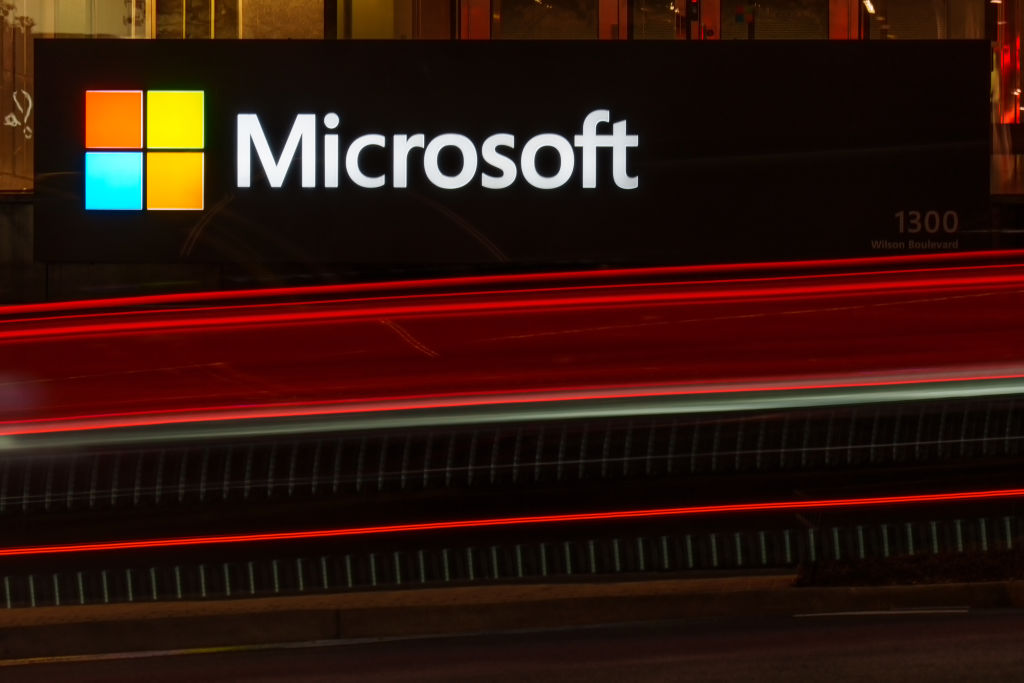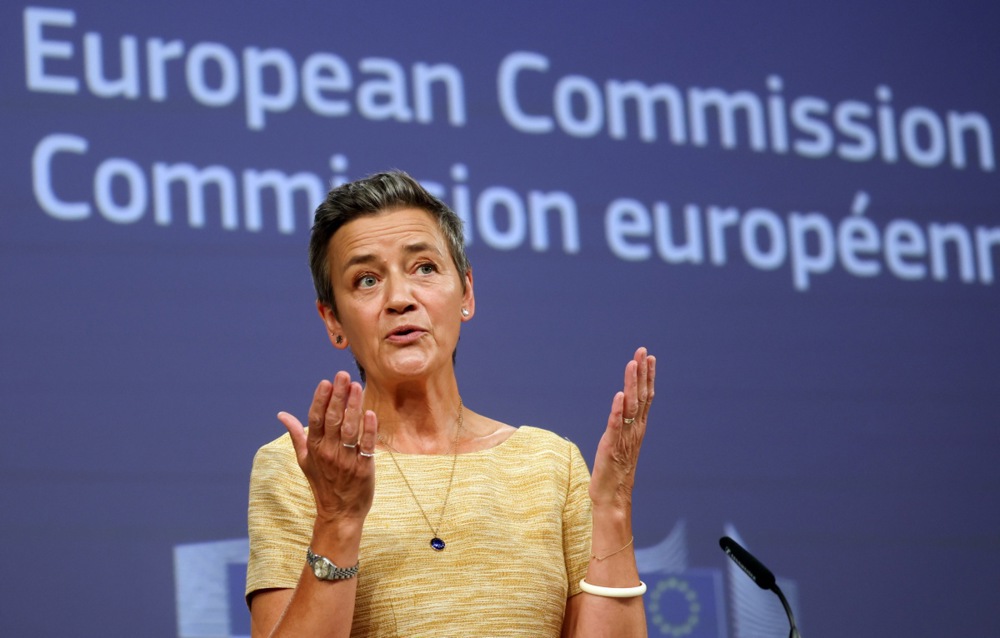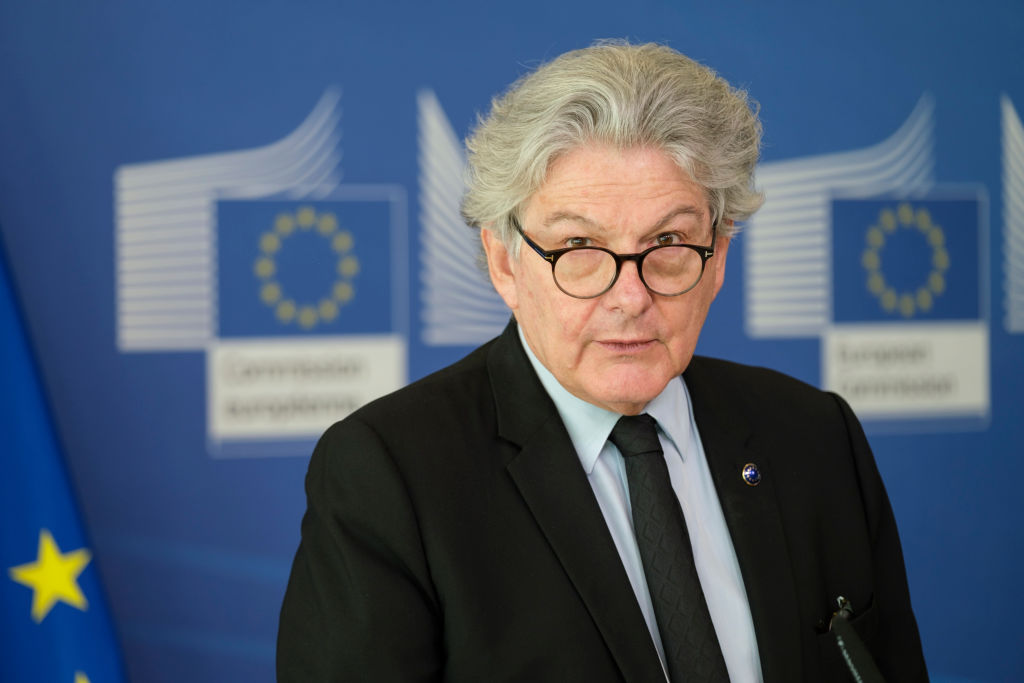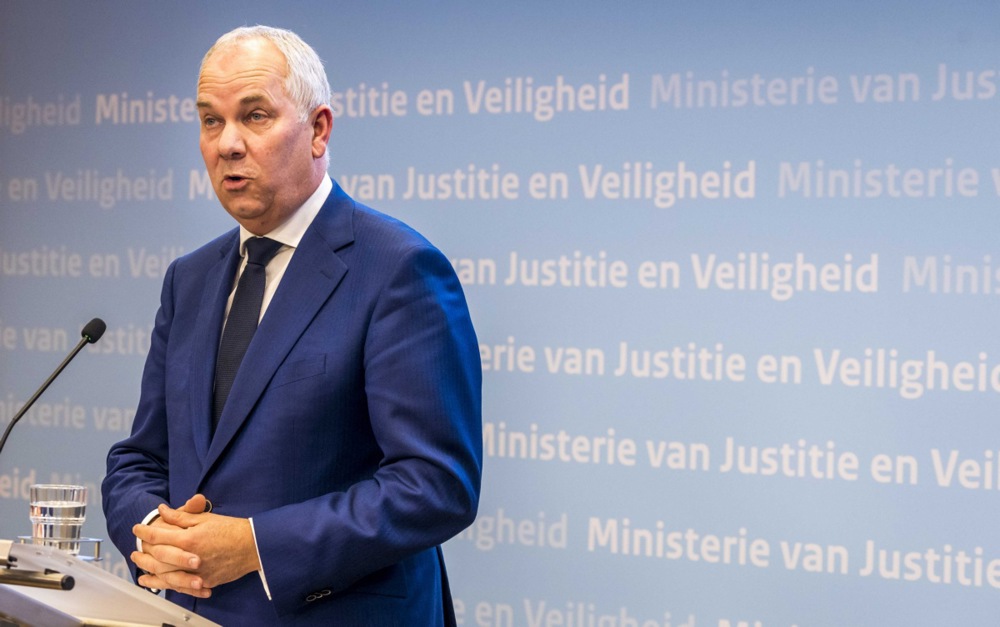US tech multinational Intel has won a major victory in its long-running battle with the European Union over a €1.06 billion antitrust fine, with Europe’s top court ruling in the chipmaker’s favour.
In 2009, the European Commission slapped the fine on Intel, saying it had engaged in anti-competitive practices.
The commission alleged two types of anti-competitive behaviour. First, Intel was accused of offering hidden “conditional rebates” to computer manufacturers who chose Intel chips over those from competitors, particularly AMD. Second, the company allegedly paid manufacturers to delay or cancel products using AMD processors, pushing them out of the market —practices termed “naked restrictions.”
In 2014, the EU General Court found issues with parts of the original case and annulled the fine.
In 2017, it ordered a re-examination of the fine and said that the EU could not establish if Intel’s rebates were “capable of having, or were likely to have, anti-competitive effects” due to incomplete analysis.
The commission appealed, arguing that the General Court’s review of the assessment contained procedural irregularities and legal errors.
On October 24, 2024, the European Court of Justice (ECJ) rejected all the Commission’s arguments about the rebates. The ECJ upheld the General Court’s authority to review arguments challenging the commission’s assessments and clarified that alternative reasoning must be clearly presented in the original decision to be considered.
Intel said in a statement that it was “pleased with the judgment delivered by the Court of Justice of the European Union today and to finally put this part of the case behind us”.
While the company celebrated the victory, the story is not completely over. The 2022 ruling did confirm that Intel’s “naked restrictions” were illegal — a finding Intel did not challenge. This led to a fine of €376 million in November 2023, which Intel is currently contesting. The firm is also seeking to recover interest on the original, larger fine.
Intel’s market position has significantly changed since the case began: its CPU market share has fallen from 81 per cent in 2009 to 63 per cent today.
Alphabet unit Google won a legal challenge on Wednesday against a €1.49 billion European Union antitrust fine, while Qualcomm failed to repeal a penalty. https://t.co/6d3vTTMmtA
— Brussels Signal (@brusselssignal) September 19, 2024





